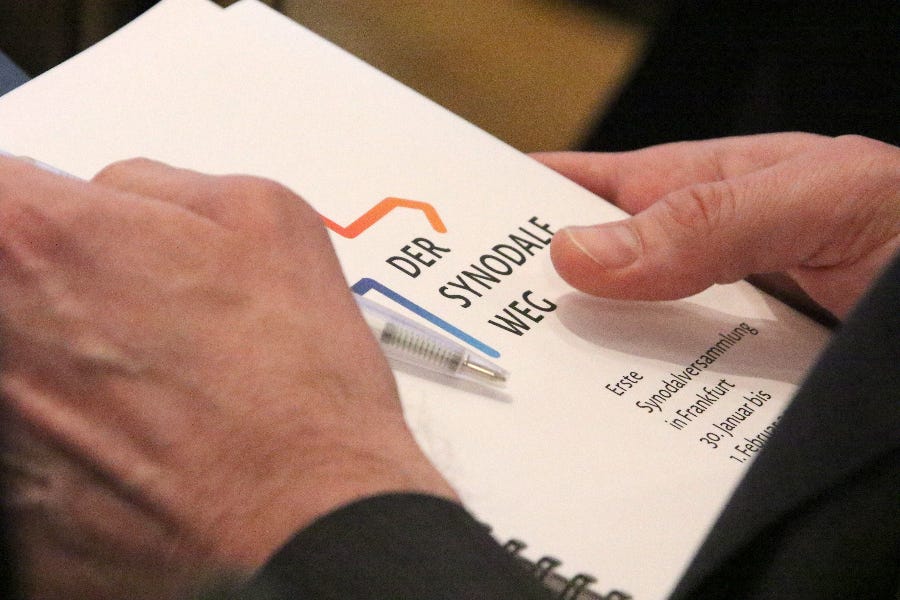The Vatican on Thursday issued a brief statement which warned that the German “synodal way” is an exercise devoid of authority — that the multi-year process of consultation, deliberation, and drafting of documents and statements on various elements of the Christian life can’t actually change anything at all.
Substack is the home for great culture

